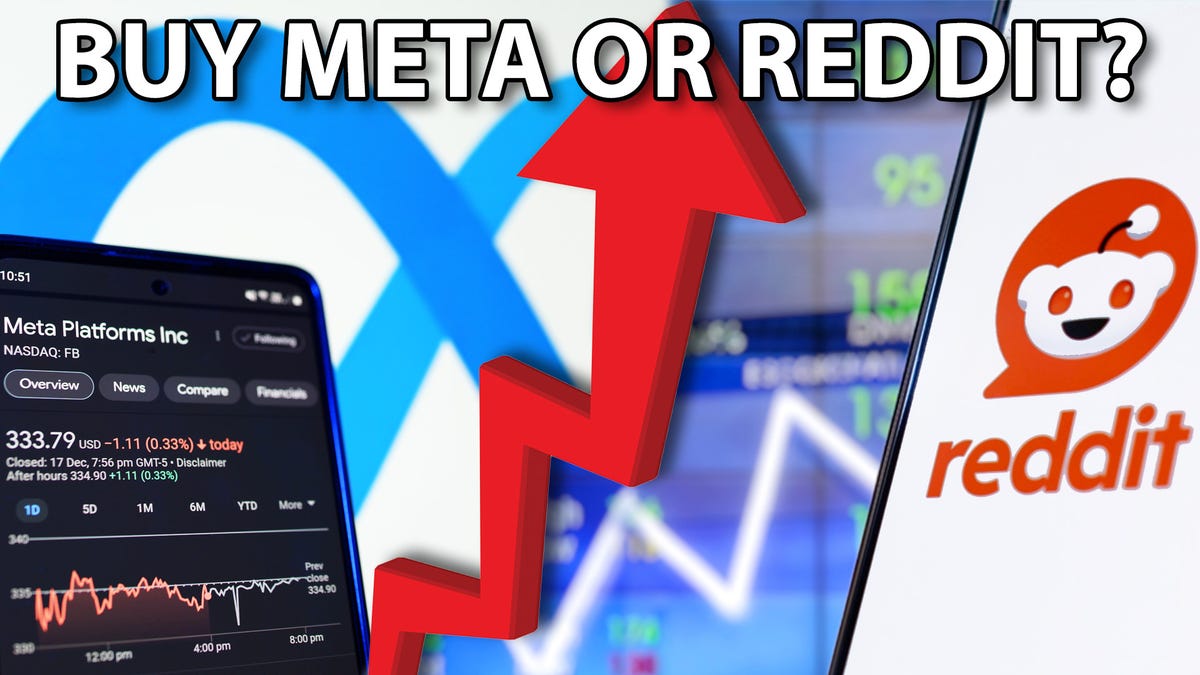Biden Administration’s Efforts to Lower Healthcare Costs
Since taking office, the Biden administration has made lowering healthcare costs a top priority. As the first term draws to a close, experts, industry analysts, and government regulators have been assessing the impact of federal policies on the healthcare industry, particularly those aimed at reducing drug prices.
FTC’s Crackdown on Drug Patent Listings
One of the most significant challenges to high drug prices has come from the Federal Trade Commission (FTC), which has been cracking down on improper drug patent listings. Additionally, the Centers for Medicare and Medicaid Services (CMS) are expected to announce prices for the first ten drugs participating in Medicare negotiations later this year. These initiatives have elicited mixed responses from the industry.
Last year, the administration directed the FTC, the Department of Justice (DOJ), and the Department of Health and Human Services (HHS) to collaborate in combating high healthcare and drug costs while promoting competition. An FTC official, speaking on condition of anonymity, stated, “We have been closely working among the agencies to lower prices for Americans.”
This collaborative effort involves comparing data and tools to strengthen the enforcement of existing rules. For instance, the FTC is using CMS data to identify healthcare transactions by private-equity firms that may not have been reported to antitrust regulators, resulting in a reduction of private equity acquisitions in the healthcare sector.
FTC Challenges Junk Drug Patent Listings
In a move to promote generic competition, the FTC recently challenged “junk” patents listed in the FDA’s Orange Book for the second time in two years. The agency argued that inaccurate listings can delay the entry of more affordable generic alternatives, thus keeping drug prices artificially high.
The FTC strategically targeted listings for asthma and inhaler medications with expired underlying patents, prompting delistings and cost commitments from various pharmaceutical companies. In a subsequent round of challenges, the commission disputed secondary patents for diabetes, weight loss, and asthma medications, paving the way for future generics.
Melissa Wasserman, a drug patent law expert at the University of Texas, Austin, praised the FTC’s actions, stating, “Those patents listed in the Orange Book can have a blocking effect, preventing generics from entering the market.”
Medicare Price Negotiations Pose a Greater Threat
Another significant challenge to high drug prices is forthcoming from the federal government through CMS’ Medicare price negotiations. The Inflation Reduction Act, passed in 2022, allows CMS to negotiate prices for brand-name drugs comprising a significant portion of Medicare’s spending.
The first ten drugs under negotiation are expected to have prices finalized by August, with the negotiated prices taking effect in 2026. Analysts believe that this policy poses a more substantial threat to the industry than the FTC’s challenges. Small molecule drugs become eligible for negotiation after nine years on the market, while biologics become eligible after 13 years.
Experts anticipate aggressive price cuts in the first round of negotiations, especially during an election year. While the impact on drug sales remains uncertain, the industry is bracing for significant changes. Matt Phipps, a biotech analyst, noted, “The Inflation Reduction Act will apply pressure on drug prices earlier than generic competition would.”
Image/Photo credit: source url





